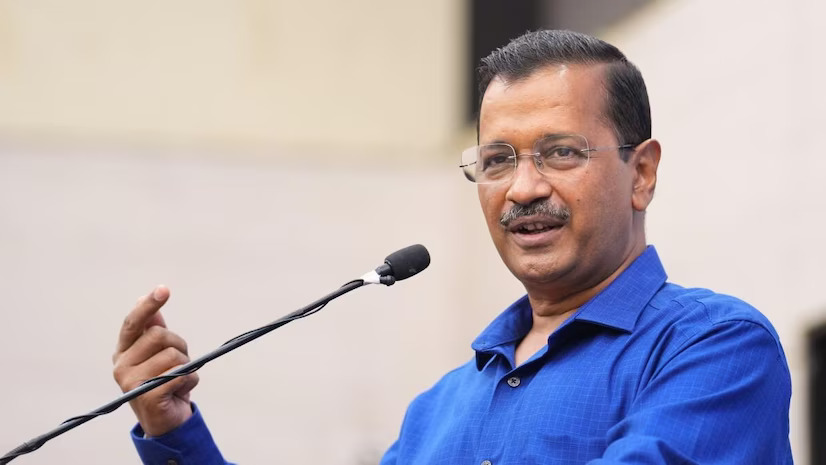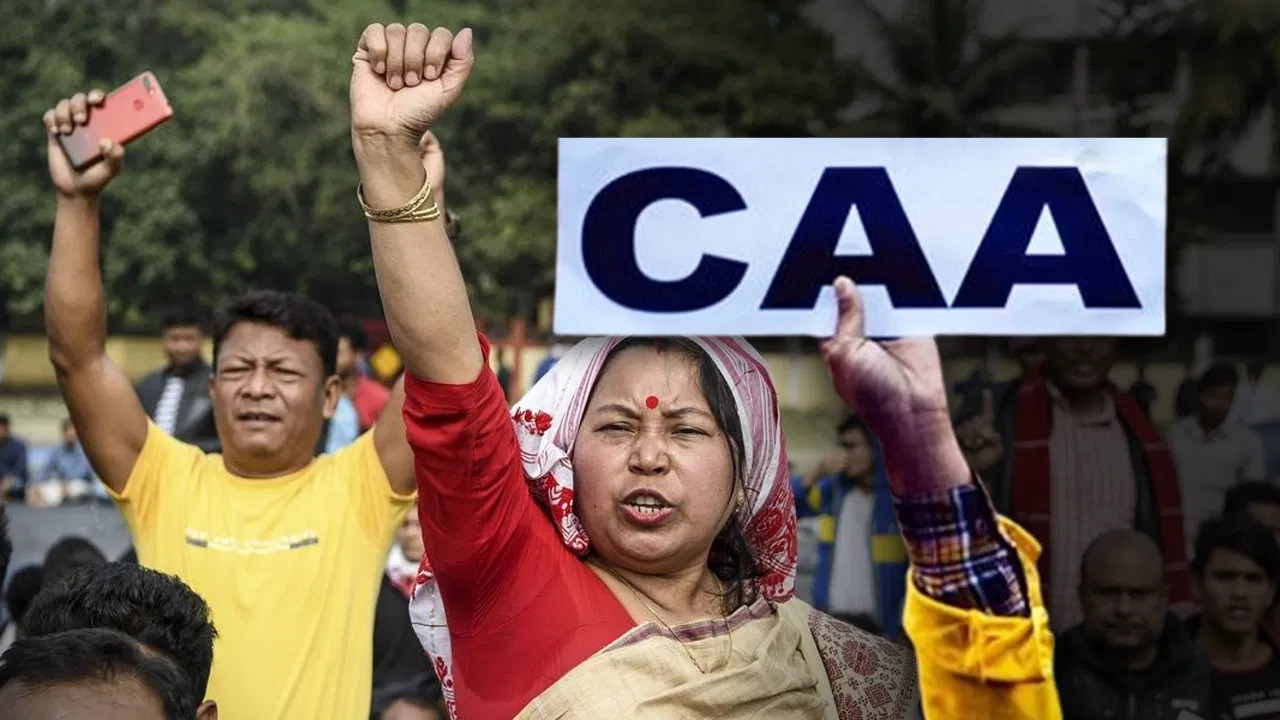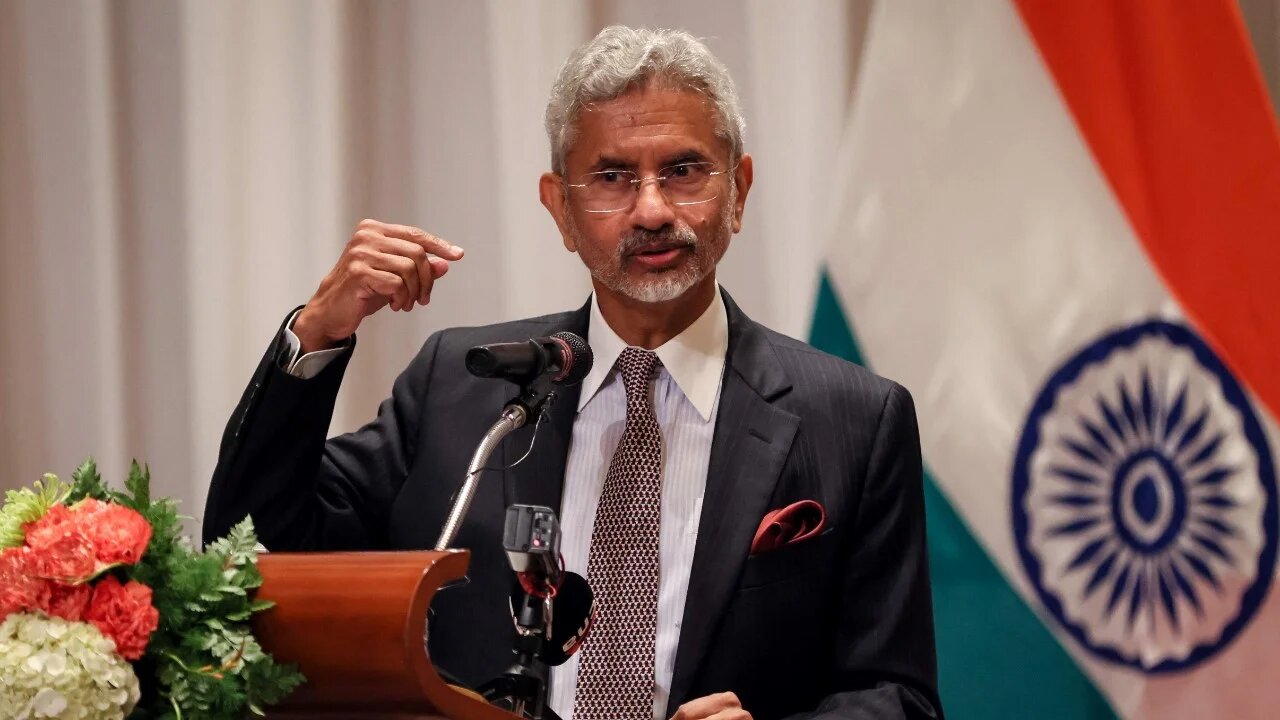The Indian Ministry of External Affairs (MEA) has criticized the US State Department's comments on Delhi Chief Minister Arvind Kejriwal's arrest, calling them "unwarranted" and "completely unacceptable." The MEA has summoned the US' Acting Deputy Chief of Mission Gloria Berbena in Delhi to object to Washington's interference in India's internal affairs. Kejriwal, who was arrested on March 21 over a liquor policy scam, is the leader of the Aam Aadmi Party.

The Indian Ministry of External Affairs (MEA) has dismissed the US statement on the implementation of the Citizenship Amendment Act 2019 (CAA) in India as "misplaced, misinformed and unwarranted." The MEA emphasized that the CAA is India's "internal matter" and that it is about giving citizenship, not about taking away citizenship. The act grants a safe haven to persecuted minorities belonging to Hindu, Sikh, Buddhist, Parsi and Christian communities from Afghanistan, Pakistan, and Bangladesh who have entered India on or before December 31, 2014. Opposition parties and leaders have described the Act as discriminatory, with three states stating they will not implement the legislation. Pakistan has also accused the Act of differentiated between people based on their faith. The US is closely monitoring the implementation of the CAA and respects religious freedom and equal treatment under the law for all communities as fundamental democratic principles.

India's permanent ambassador to the UN, Ruchira Kamboj, has criticized Pakistan for raising the issue of Jammu and Kashmir at a UN Security Council meeting. Kamboj criticized Pakistan for making "mischievous" remarks about decolonization, stating they came from ignorance and lack of understanding. She urged Pakistan to refer to its rights of reply and not waste the Council's time. Tensions between India and Pakistan soared after India abrogated Article 370 of the Constitution to revoke the special status of Jammu and Kashmir in 2019. India has defended its decision and urged Pakistan to accept the reality and stop anti-India propaganda.

External affairs minister Subrahmanyam Jaishankar defended India's decision to buy Russian oil despite sanctions on Moscow amid the ongoing war with Ukraine. Speaking at the Munich Security Conference (MSC), Jaishankar emphasized that India should not be criticized for having multiple options and reaffirmed its commitment to buy Russian oil despite sanctions on Moscow. He emphasized that India's foreign policy priorities are not purely transactional, but rather based on the different pulls and pressures that countries have. He also highlighted India's continuing procurement of crude oil from Russia despite Moscow's invasion of Ukraine.
Jaishankar also compared India to the BRICS, a group that has made significant contributions to the G7 and its evolution into the G20. He argued that India's strong relations with Western countries are getting stronger, and that the additional 13 members of the G7, including five BRICS members, contributed to the expansion of the G7 into the G20. He emphasized that India's decision to buy Russian oil despite sanctions on Moscow is a result of its commitment to its interests and the global community.
Russia supplied over 35% of India's crude imports in 2023, equivalent to 1.7 million barrels per day. Russia's oil exports reached their highest level since April 2020, reaching USD 12.7 billion, and export revenues climbed by USD 1 billion compared to February.



You must be logged in to post a comment.